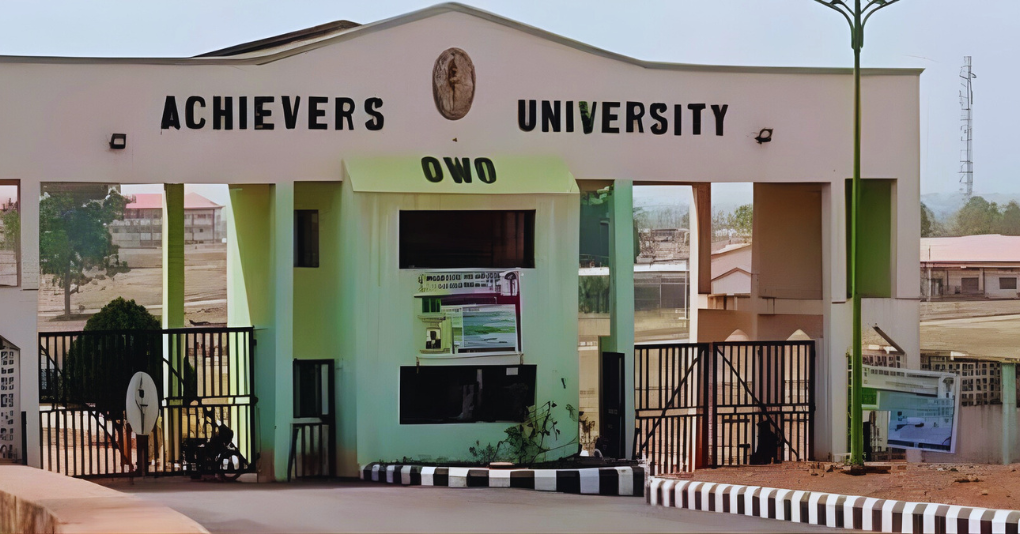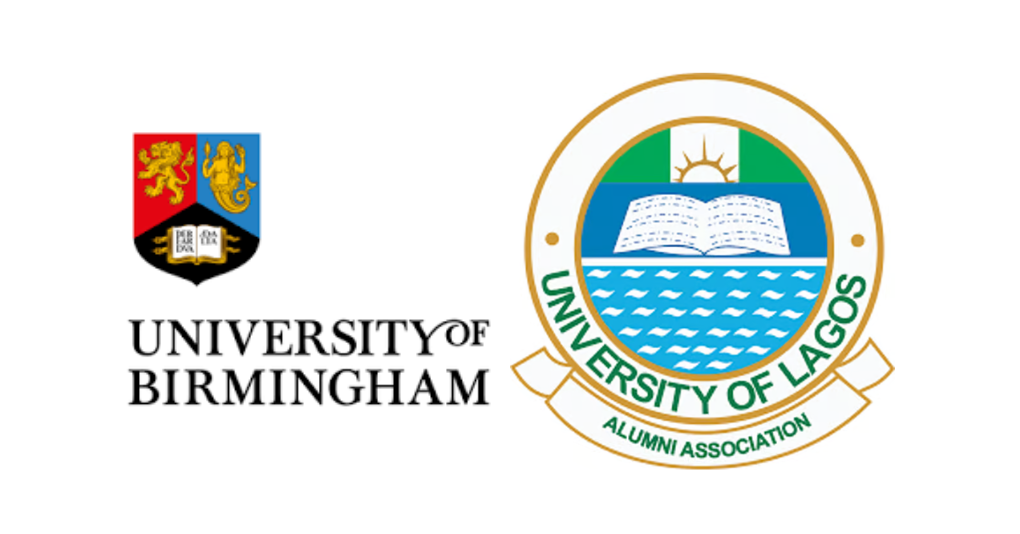In the face of the energy crisis and soaring costs, the Tertiary Education Trust Fund (TETFund) has commenced deliberate moves to ensure uninterrupted power supply in public tertiary institutions in Nigeria.
The intervention agency had accordingly inaugurated a high-powered Steering Committee on Alternative Energy Solutions, the report of which was submitted to the management of the und on Monday.
The high-powered committee has recommended the adoption of hybrid solar photovoltaic, PV, battery storage, grid integration, and gas-fed backup power systems as the most cost-effective energy solution for Nigeria’s tertiary institutions.
The recommendation followed a nationwide energy audit and technical assessment conducted in collaboration with the Rural Electrification Agency, REA, covering universities, polytechnics, and colleges of education grappling with suffocating energy costs and unreliable supply.
While presenting the report to the TETFund Board of Trustees in Abuja, the chairman of the Steering Committee on Alternative Energy Solutions Initiative, Honourable Sunday Adepoju, stressed that conventional grid power remained unreliable and cost-ineffective, while diesel generators are no longer sustainable for long-term use.
“Institutional energy demands must be met through resilient and cost-efficient solutions. Gas-fired generators should offer cleaner backup where natural gas is available, while diesel units should be phased out or retrofitted for cleaner alternatives,” he said.
Recall that the committee was inaugurated on March 12, by the chairman of the TETFund Board of Trustees, Rt. Honourable Aminu Bello Masari, in response to the alarming rise in power costs across Nigerian tertiary institutions.
With a clear mandate to explore and implement sustainable alternative energy solutions, the committee was tasked with assessing existing energy consumption and gaps in tertiary institutions, identifying scalable, eco-friendly, and cost-effective alternatives.
Other terms of reference for the committee were evaluating institution-specific proposals, recommending appropriate plant sizing and technologies and proposing policies to promote long-term adoption of clean energy.
The committee comprised energy experts, engineers, architects, and regulatory officials from key education and power sector agencies, including representatives from the Federal Ministries of Power and Education, Energy Commission of Nigeria, REA, National Universities Commission, NBTE, NCCE, and the Nigerian Society of Engineers.
Between April 13 and 17, the committee conducted comprehensive site visits to alternative energy installations across the country, including: Solar Plants at University of Abuja, Bayero University Kano, Michael Okpara University, and others
Gas Power Facilities at Greenfield Industries’ LNG Plant at Julius Berger, CNG plant at NFPC as well as Hybrid Projects in UI, OAU, LASU, UNILAG, and Abia State University were also visited.
Institution selected for the pilot phase of the project include: North-Central: Ibrahim Badamasi Babangida University, Lapai; Federal Polytechnic, Nasarawa; North-East: Nigerian Army University, Biu; Federal Polytechnic, Mubi; North-West: Yusuf Maitama Sule University, Kano; and Federal Polytechnic, Daura.
Share this post





Be the first to comment on this post